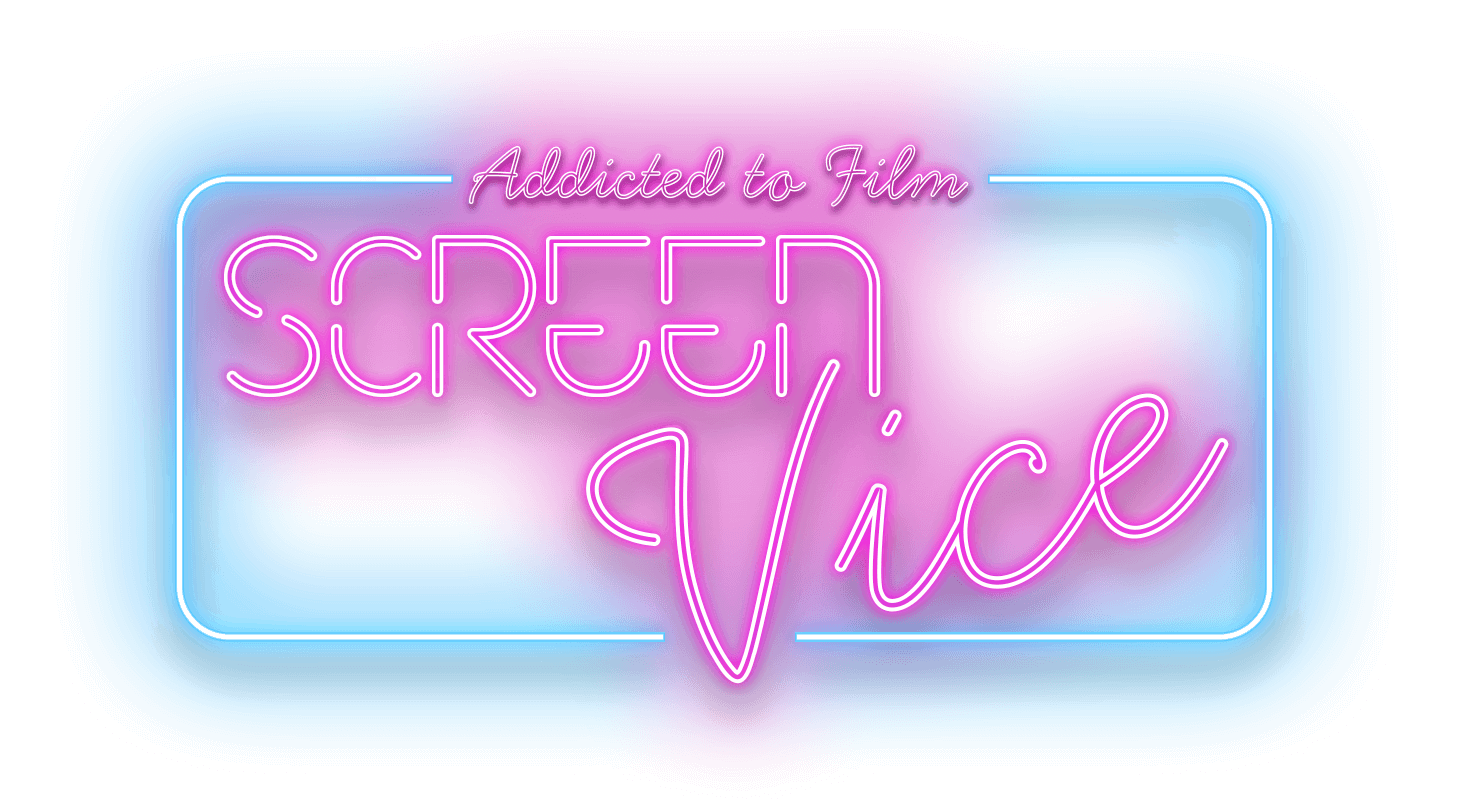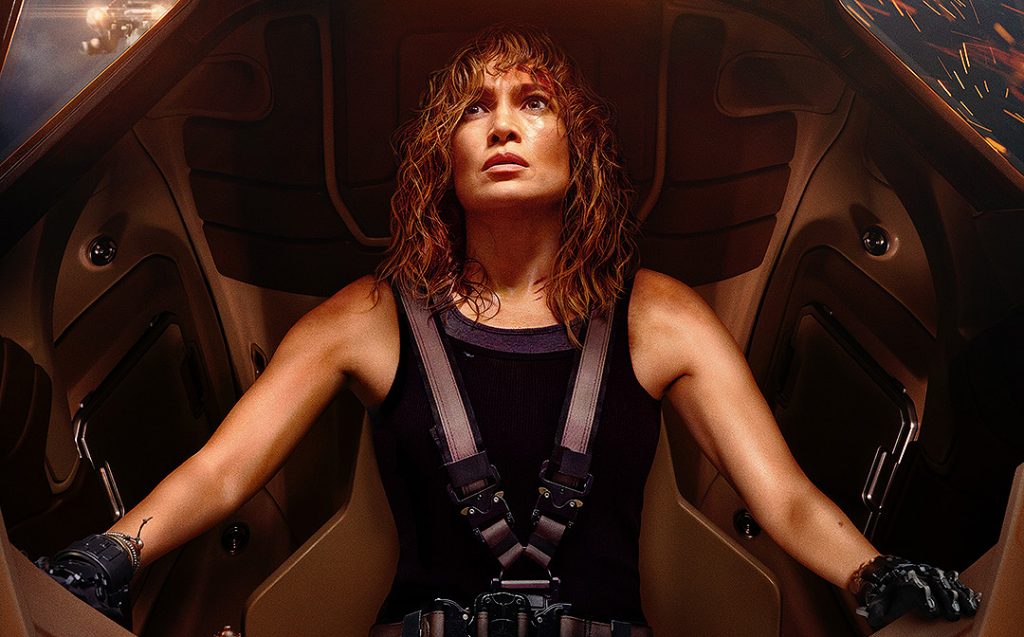Netflix presents the new sci-fi action thriller Atlas. Directed by Brad Peyton and written by Leo Sardarian and Aron Eli Coleite, the film stars Jennifer Lopez as Atlas Shepherd, a brilliant but misanthropic data analyst who harbors a deep-seated distrust of artificial intelligence.
Atlas captures the audience’s attention from the outset with a gripping opening sequence that plunges us into a dystopian future where AI robots are on the verge of taking over the world. This devastated world is vividly portrayed through fictional news broadcasts and documentaries, making the threat of the humanoid AI robots feel immediate and setting a tense tone for the rest of the film.

The story follows Atlas Shepherd as she joins a mission to capture a rogue humanoid AI robot with which she shares a mysterious past. To succeed, Atlas must set aside her aversion to AI and utilize a massive AI-powered armor named Smith, voiced by Gregory James Cohan. Smith and the other AI-powered armors bear a strong resemblance to the game Titanfall, which employs a similar concept. The dynamic between Atlas and Smith becomes the core of the story, providing the emotional depth that the film otherwise lacks due to its generally weak writing.
Jennifer Lopez delivers a solid performance as Atlas, yet it lacks that memorable spark. Her tendency to overact, coupled with the emotionally erratic nature of her character, may prove grating, especially considering the rest of the cast’s relatively emotionless presence throughout the film. The screenplay’s ambitious goal of portraying intricate emotions and authentic character growth falls significantly short, frequently resorting to clichés and predictable plot turns.

An example of this is the brief introduction of ‘Zoë,’ Colonel Elias Banks (Sterling K. Brown) AI-powered armored robot. While initially seeming like a nice addition, it quickly descends into forced and unnecessary inclusivity, as the robot insists on being addressed with she/her pronouns instead of ‘it’. Such details sometimes feel like unnecessary distractions and do not contribute to the overall essence of the film, which inherently has much to offer but gets bogged down by safe plot choices and mediocre writing filled with empty and meaningless dialogues.
‘Atlas’ falls short in terms of storytelling and character development.
However, where Atlas does succeed is in making a visual impact. The CGI is particularly impressive at times, and the action sequences are spectacular. These moments stand out as the highlights of the film, keeping you glued to the screen despite the irritating and shallow plot.

The climax of the film indeed offers some excitement, yet it swiftly gets overshadowed by an excess of emotionally vacuous chatter and a persistent lament from Lopez. The epic sacrifices made seem to provide the film with some emotional depth, but this is entirely undermined just before the credits start rolling.
Atlas falls short in terms of storytelling and character development, with Jennifer Lopez delivering a performance as Atlas Shepherd that can be irksome at times. It’s Cohan’s portrayal of Smith that truly shines, along with the stunning visuals, helping to salvage the film to some extent. With improved writing and more cohesive direction, Atlas had the potential to be a real hit, but unfortunately, the end result remains a mixed experience that fails to fully convince.

Atlas in now streaming on Netflix
This article has been written in partnership with The Nerd Shepherd.
FOLLOW US ON SOCIAL MEDIA
You may also like
-
’Despicable Me 4’ Review: New Entry is Heavy on Fun, Light on Everything Else
-
‘Longlegs’ Review: Nicolas Cage Delivers a Skin-Crawling Performance in This Atmospheric but Flawed Chiller
-
‘Beverly Hills Cop: Axel F’ Review: Brash, Fun and Nostalgically 80s
-
‘A Quiet Place: Day One’ Review: Tension and Tenderness in Equal Measure
-
‘The Bikeriders’ Review: A Cool Throwback Crime Drama

